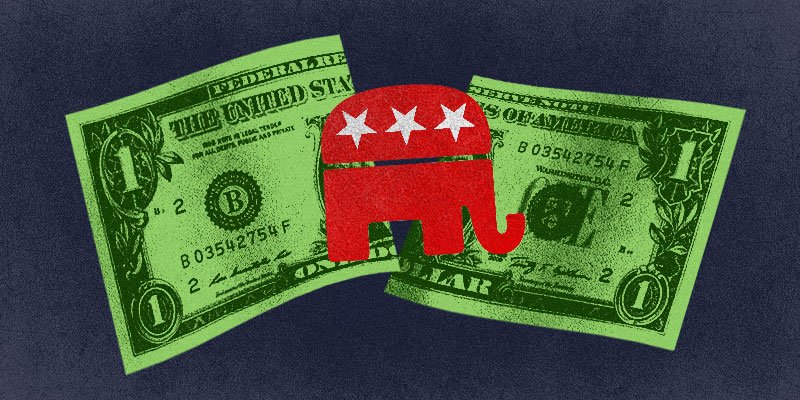Bucks County Judge Dismisses Climate Lawsuit Amid Growing Legal Pushback
In a recent decision, Bucks County Court Judge Stephen Coli rejected a climate lawsuit, emphasizing that the claims presented were not something the Pennsylvania courts could consider valid. His ruling is part of a broader trend where courts are increasingly dismissing similar lawsuits attempted by states and local governments aimed at holding energy companies liable for global emissions.
Coli’s ruling came shortly after Puerto Rico voluntarily withdrew its own climate lawsuit against a major energy company, offering no explicit reasons at the time. However, it was evident that the legal foundation of that lawsuit was weak and could not sustain the political pressure surrounding it.
This withdrawal from Puerto Rico highlights the ongoing challenges in climate litigation. Recent dismissals have occurred in various places, including Maryland, New Jersey, and New York, with judges concluding these cases are just attempts to redirect climate policy discussions into state courts. The legal system has signaled that, no matter how creatively argued, these cases ultimately revolve around global issues, which are beyond local jurisdictions.
Coli pointed out that while the lawsuit attempted to tackle deceptive marketing related to emissions, it mentioned “emissions” over 100 times, a redundancy that ultimately undermined its credibility. He stated that while Bucks County may want to avoid confronting emissions issues, the reality is that without acknowledging emissions, there’s no basis for claims of damage.
Puerto Rico’s situation mirrors this; plagued by frequent power outages and high energy costs, it recognized that continuing the lawsuit would only deter investment necessary for infrastructure improvement. Moving forward with the legal action would hinder genuine progress in energy reform, making the withdrawal a sensible choice.
These lawsuits have not contributed to practical solutions for addressing climate change. Instead, they have created legal turmoil that diverts investment. While trial lawyers may stand to benefit financially, it’s ordinary citizens who end up shouldering the costs without seeing any real environmental or economic advancements.
Puerto Rico’s decision reflects a larger trend, as judges in various states have dismissed climate-related lawsuits, emphasizing that such claims should rely on federal oversight and cannot be effectively addressed in local courts. The cases from Baltimore, Annapolis, and other communities have been similarly curtailed, indicating a mounting legal consensus against these types of challenges.
Despite these setbacks, some plaintiffs, like those in Hawaii and Honolulu, continue their pursuit of climate lawsuits, which seems increasingly out of touch with reality. Hawaii, which relies heavily on oil and gas, proposes that fossil fuel companies failed to fulfill their obligations to protect its resources. Nevertheless, such legal strategies encounter significant federal pushback, as previous administrations have taken firm stances against similar cases.
Hawaii’s pursuit of these lawsuits appears misguided. Instead of focusing on real reforms to address its high energy costs and infrastructural vulnerabilities, the state is engaging in potentially futile legal battles that won’t effectively mitigate energy challenges.
Puerto Rico’s recent developments join a growing recognition across various jurisdictions that pursuing climate litigation is often a legally unfounded endeavor. The courts aren’t the right venues for shaping national climate policies; that’s the role of Congress and federal regulators. State judges aren’t meant to redefine global energy frameworks.
It’s crucial for Hawaii and Honolulu to reconsider their stance. They’re among the few remaining jurisdictions clinging to an increasingly shaky legal crusade. Puerto Rico has recognized the futility of this approach and retreated wisely; now it’s time for Hawaii to follow suit before further wasting valuable resources.
When power is lost, communities need tangible energy solutions, not just litigation with uncertain outcomes.







